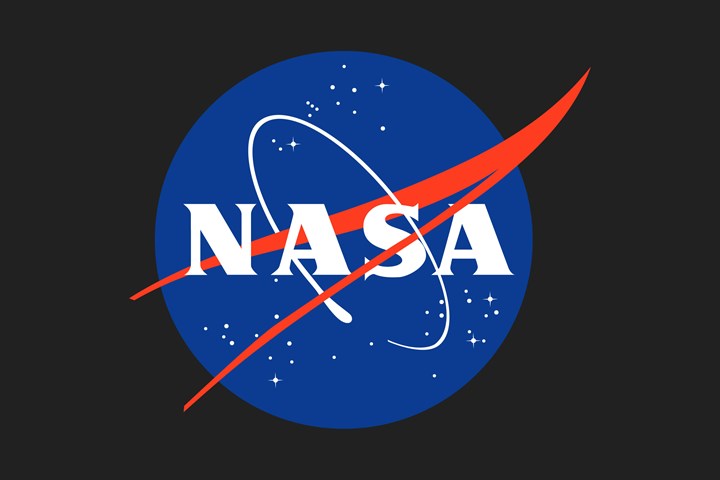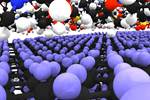Twelve selected companies will provide Venture Class launch services for NASA
Rocket Lab, Northrop Grumman and Virgin Orbit which have expertise in composites fabrication are among the 12 companies to provide new opportunities for science and technology payloads.

Photo Credit: NASA
NASA (Washington, D.C., U.S.) has selected 12 companies to provide launch services for the agency’s Venture-Class Acquisition of Dedicated and Rideshare () missions, providing new opportunities for science and technology payloads and fostering a growing U.S. commercial launch market.
Award selections include:
- ABL Space Systems (El Segundo, Calif., U.S.)
- Astra Space Inc. (Alameda, Calif., U.S.)
- Blue Origin Florida LLC (Merritt Island, Fla., U.S.)
- L2 Solutions LLC (Houston, Texas, U.S.)
- Northrop Grumman Systems Corp. (Chandler, Ariz., U.S.)
- Phantom Space Corp. (Tucson, Ariz., U.S.)
- Relativity Space Inc. (Long Beach, Calif., U.S.)
- Rocket Lab USA Inc. (Long Beach, Calif., U.S.)
- Spaceflight Inc. (Seattle, Wash., U.S.)
- Space Exploration Technologies Corp. (SpaceX, Hawthorne, Calif., U.S.)
- United Launch Services LLC (Centennial, Colo., U.S.)
- Virgin Orbit LLC (Long Beach, Calif., U.S.)
The fixed-price indefinite-delivery/indefinite-quantity contracts have a five-year ordering period with a maximum total value of $300 million across all contracts. The acquisition also includes a special on-ramp provision to enable additional providers and incumbents to submit proposals introducing launch services for new capabilities not available or identified at the time of the initial contract award.
“We are incredibly excited to announce the awardees for VADR from a broad range of established and emerging launch providers and launch service aggregators and brokers,” says Bradley Smith, director of launch services at NASA headquarters. “This speaks to our expertise in understanding the launch market as we crafted VADR to maximize our efforts in enabling a growing U.S launch industry. With this new tool in our toolbox, these flexible contracts will meet a wide variety of NASA science and technology needs, further enhancing the agency’s Launch Services Program’s reputation as Earth’s bridge to space.”
The VADR contract will provide a broad range of Federal Aviation Administration (FAA)-licensed commercial launch services capable of delivering payloads ranging from to Class D missions to a variety of orbits. These small satellites and Class D payloads tolerate relatively high risk and serve as an ideal platform for technical and architecture innovation, contributing to NASA’s science research and technology development.
The VADR acquisition builds on previous procurement efforts such as the (VCLS) and contracts, which are fostering development of new, small launch vehicles for NASA payloads.
Firm-fixed-price task orders will be issued to provide the launch services under these contracts for NASA and NASA-sponsored missions. Launches under the VADR contract will align with commercial practices, using less NASA oversight to achieve lower launch costs.
NASA’s Launch Services Program at the agency’s Kennedy Space Center in Florida will manage the VADR contracts. The agency works with private industry, missio, and international partners to launch science payloads ranging from small satellites with colleges and universities to NASA’s highest priority missions.
Related Content
-
Near-zero erosion ultra-high temperature CMC
K3RX commercializes UHTCMC for a wide range of markets, demonstrating performance in prototypes, assemblies and advancing manufacturing to reduce cost.
-
Optimizing a CFRP landing leg demonstrator
MT Aerospace achieves design for manufacturing, integrating multiple elements into one-piece structure using AFP and 3D printed tooling to meet time and budget constraints.
-
Revolutionizing space composites: A new era of satellite materials
A new approach for high volumes of small satellite structures uses low-CTE, low-cost CFRP cellular core, robust single-ply skins and modular panel systems to cut lead time, labor and cost for reflectors, solar arrays and more.






